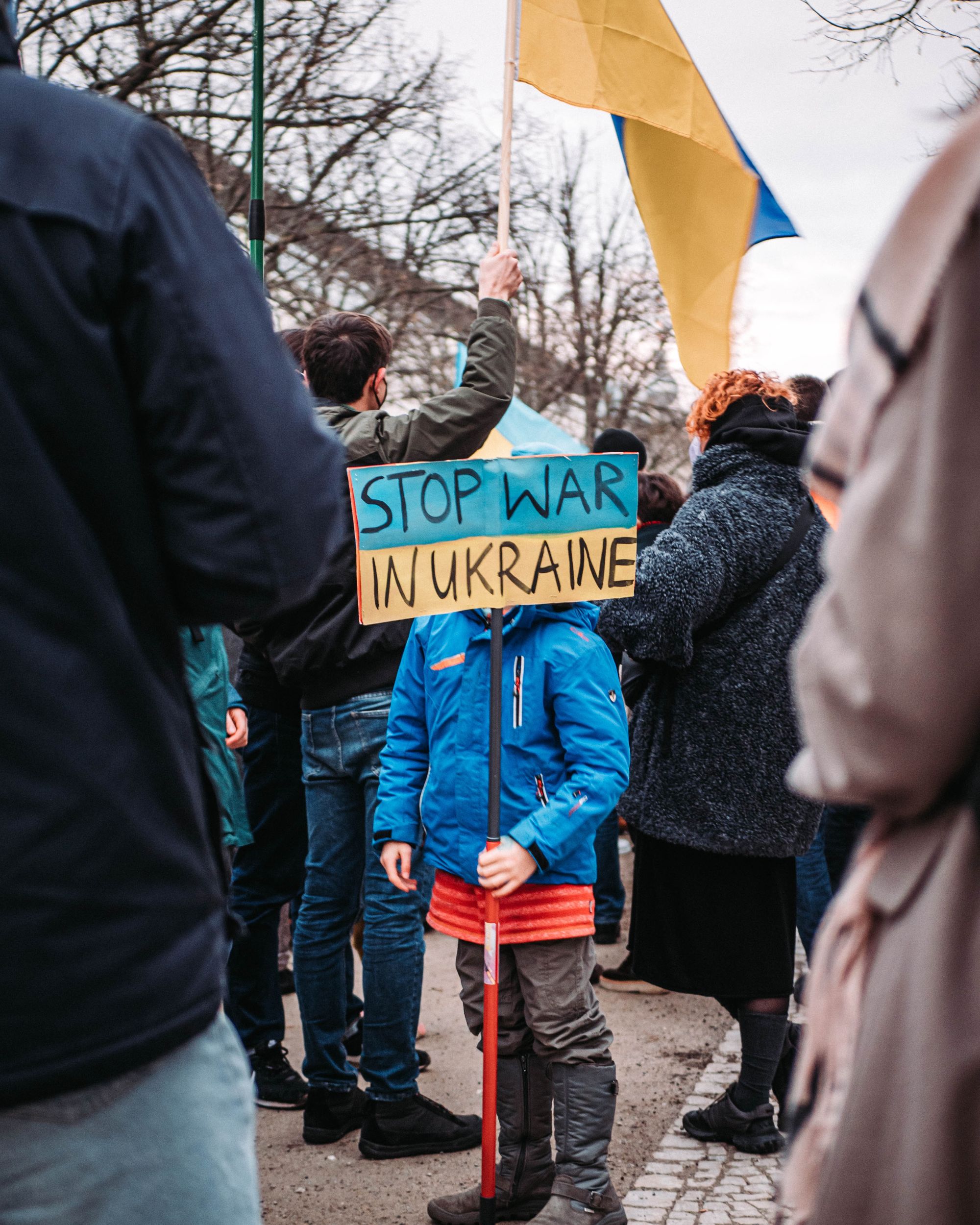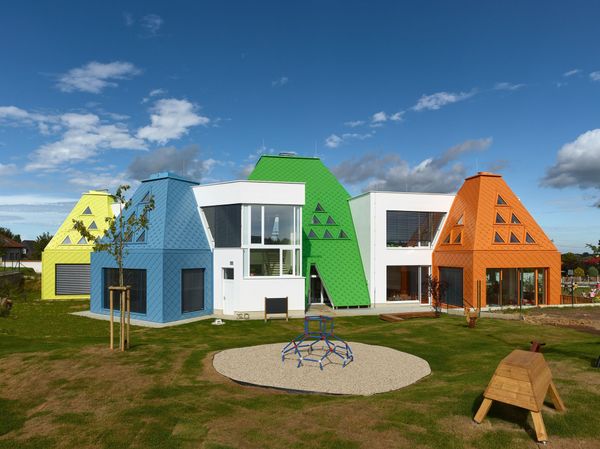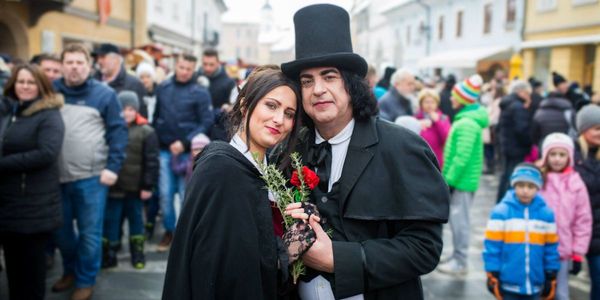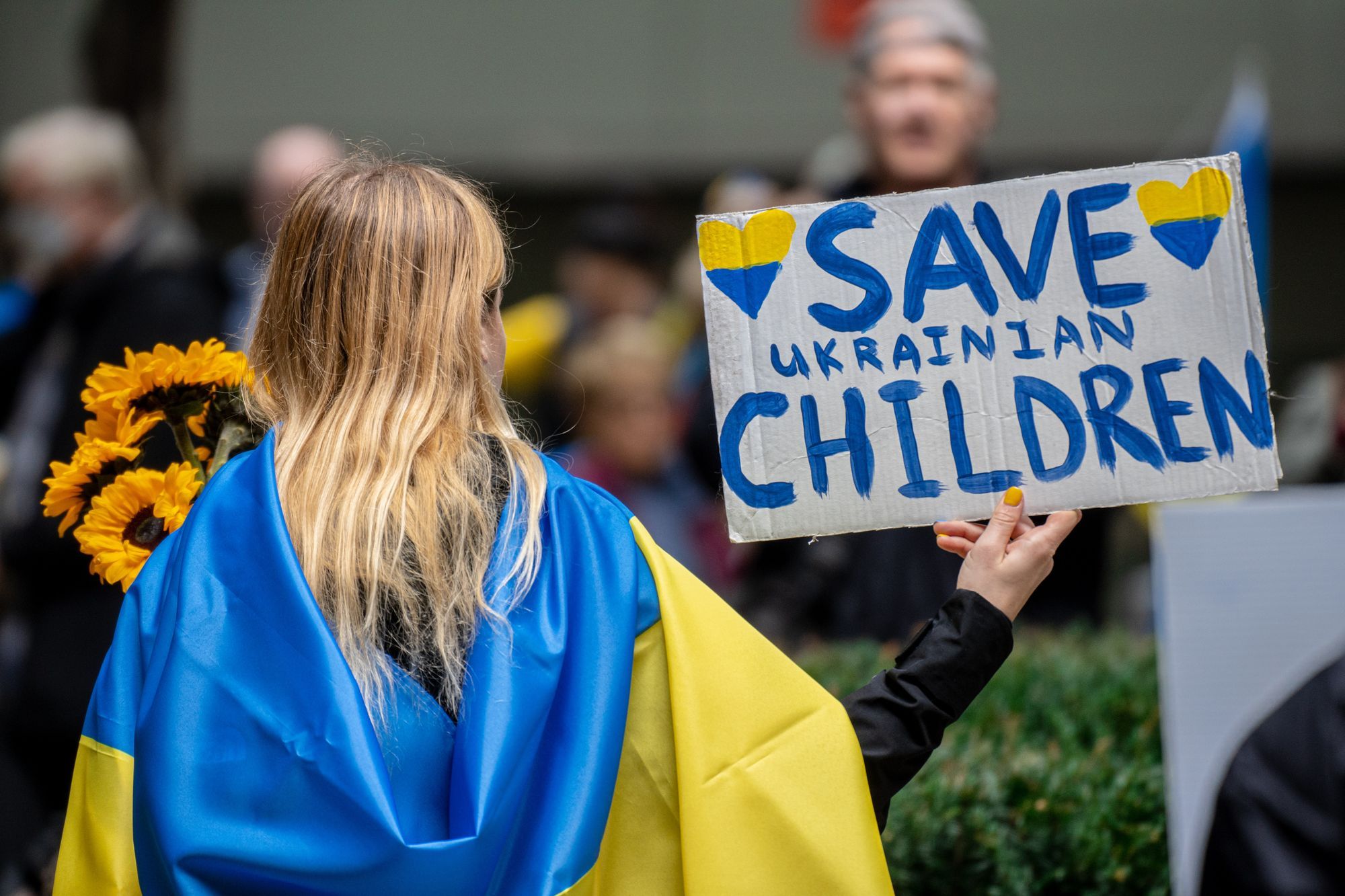24 February will be the first anniversary of the Russian invasion of Ukraine, and Ukrainians are suffering from various difficulties and losses during the long months of the war. The war is not selective; it destroys everyone’s lives, including school-age children, whose education has now become not only a practical but also an ideological issue.
The Russo-Ukrainian war has raised countless questions globally: What will be the outcome of the conflict? What are the consequences? What is happening in Ukraine at the moment? The situation of Ukrainian civilians is also frequently discussed, but we tend to focus on their security and living conditions while neglecting whether they have access to things beyond their basic needs. Education, for instance, is not absolutely necessary for survival but would otherwise be essential. President Volodymyr Zelenskyy said the war took away Ukrainian children’s childhood, and his statement could hardly be disputed. Still, the future generation of Ukrainians needs education, but it is hard to answer precisely who, where, and how can provide it to them.
The destructive impact of the war on education is quite evident from the number of destroyed school buildings. Based on the data of Ukraine’s Ministry of Education, Politico reported that since the beginning of the Russian invasion, approximately 3,000 educational institutions have been damaged or completely destroyed, which is about 10% of the total number. Online education, which has become more or less normal during the COVID-19 pandemic, is often made impossible by internet and electricity outages while going to still intact buildings is unfeasible due to the risk of bombing or lack of heating. Ukrainian children are mostly studying online if their circumstances allow it.

The current plight where children have to learn with the burden of war on their shoulders is extremely challenging and traumatic, but the spread of Russian propaganda can make it even worse. In the occupied parts of the country, Russia has weaponized education: they aim to shape Ukrainian children’s thinking in line with their own goals, thus gradually erasing their Ukrainian identity. Crimea is a prime example of this development: Crimean Human Rights Group’s Maria Sulyanina explained that since the peninsula’s annexation in 2014, propaganda-infused education has been used to „turn children into Russians.” Russian-influenced education is characterized by the saying that Ukraine has always been a part of Russia, among other things. Spreading distortions and biases aim to plant a pro-Russian attitude deep in the mind of the local youth.
The Russians are trying to impose similar reforms in the Ukrainian territories occupied since the beginning of the invasion: local teachers are forced to cooperate with cruel methods, such as intimidation or arrest. In essence, they must choose between serving the new Russian system or being unemployed and facing potential harassment and even imprisonment.
Many pupils live in a financial situation where survival overrides the role of education: they must work instead of attending online classes. Sufficient conditions (stable internet connection and a quiet environment) are not available for many children. Before the war broke out, the coronavirus pandemic had also made it difficult for young people of school age to develop without severe disruptions. So, for three years now, Ukrainian children have hardly been getting what they need at this vulnerable age, which is simply to be children in schools, surrounded by other children.

A Czech kindergarten promoting creativity

The Slovene Cultural Holiday arrives tomorrow










